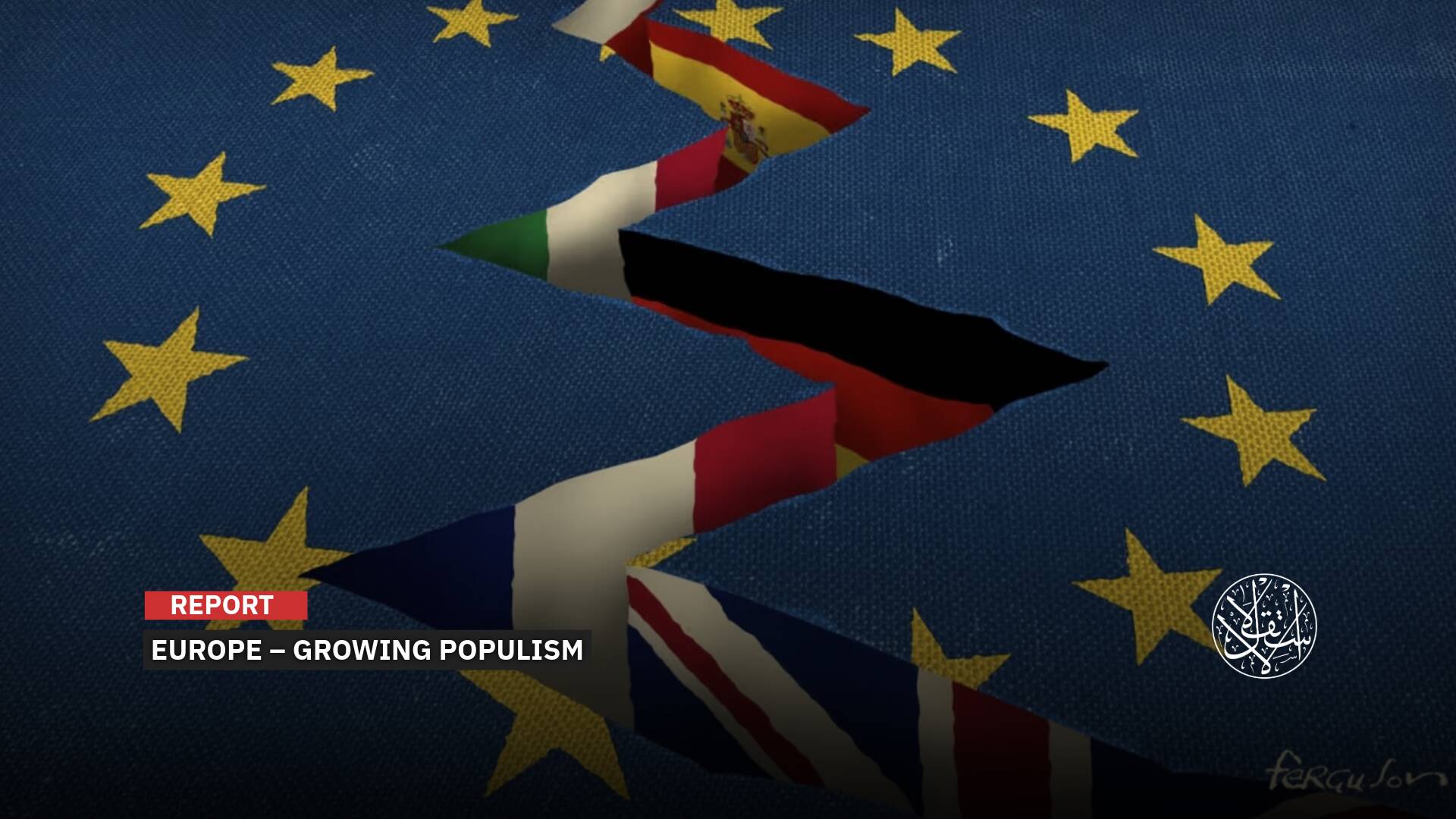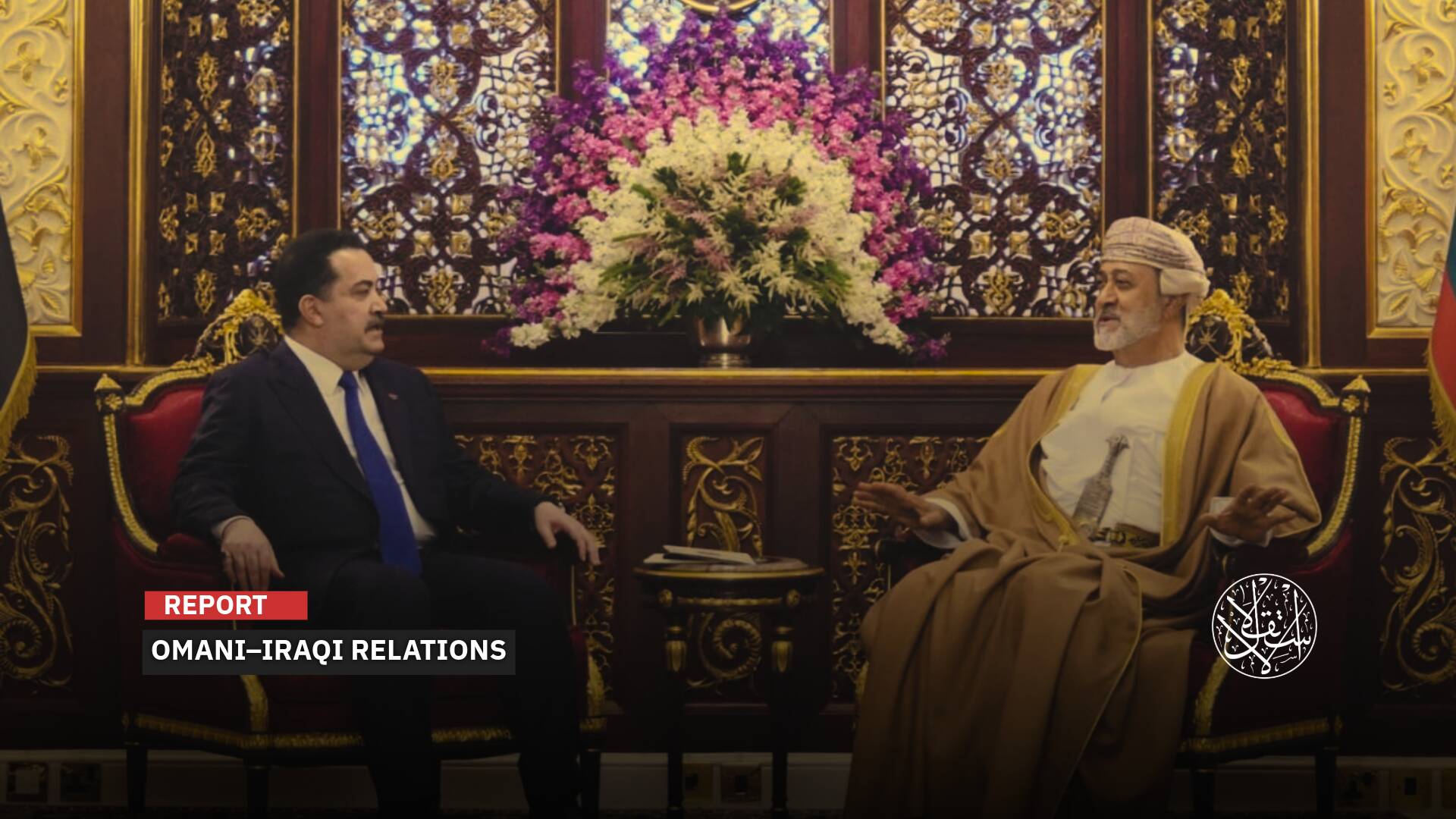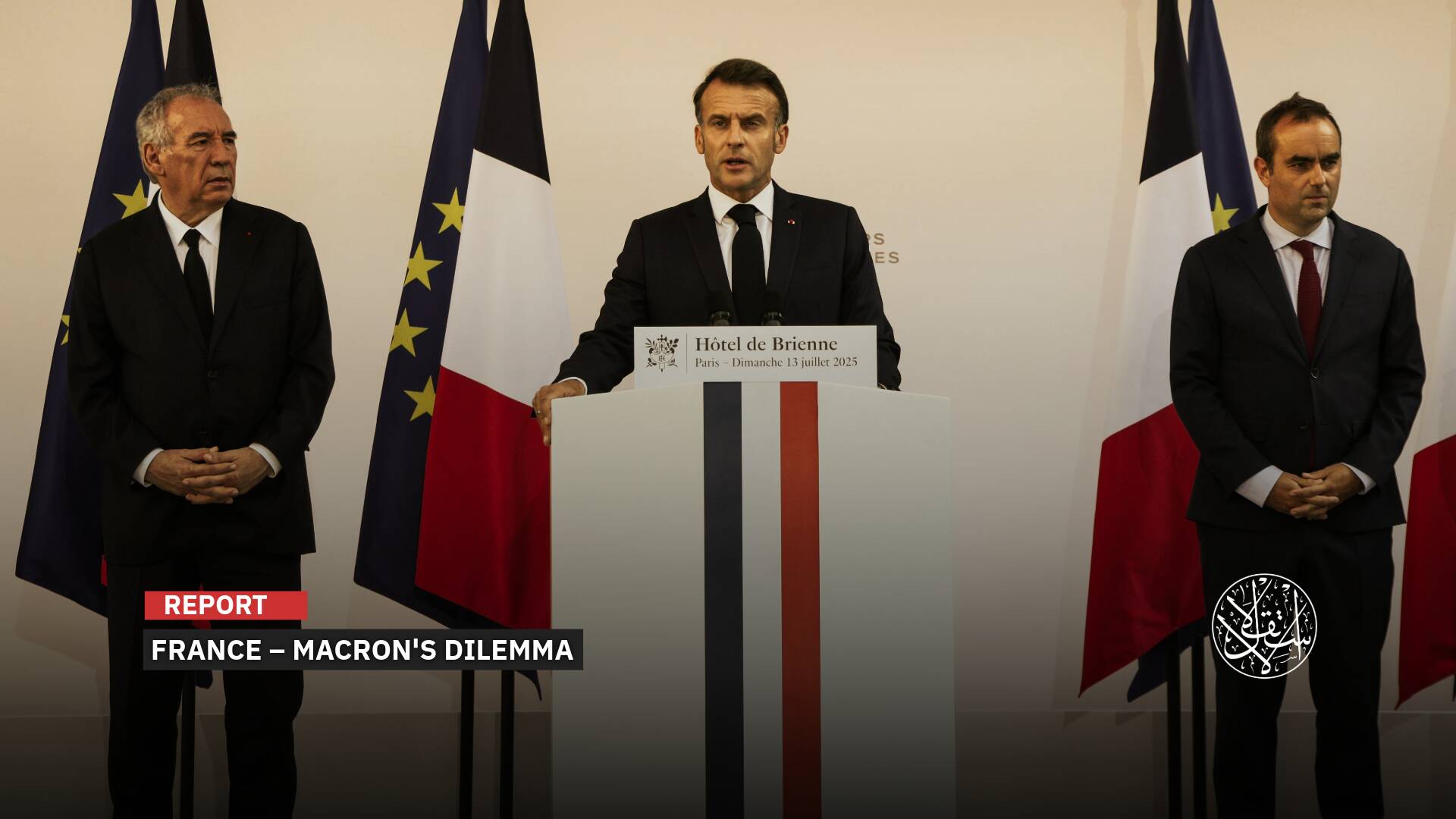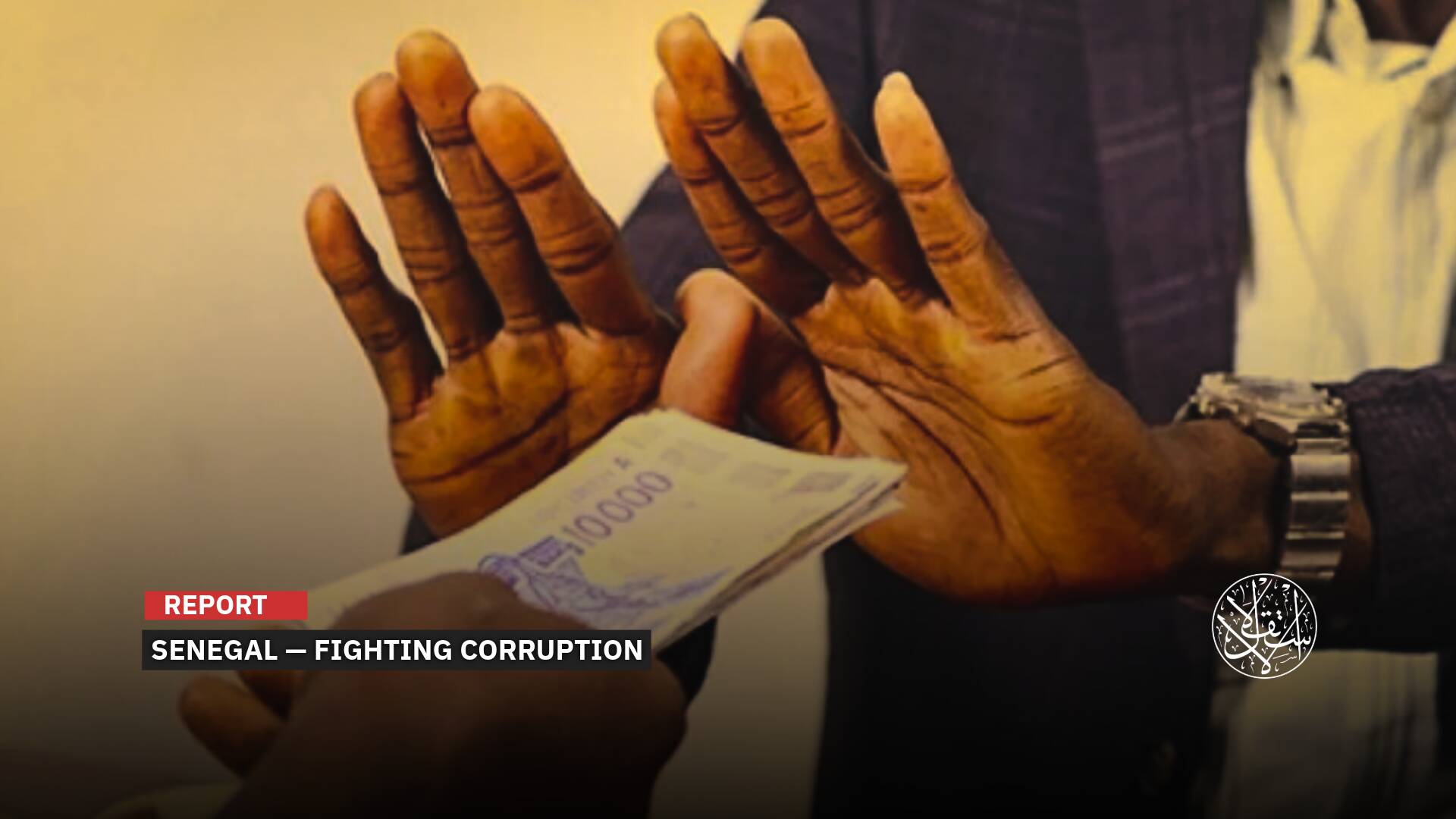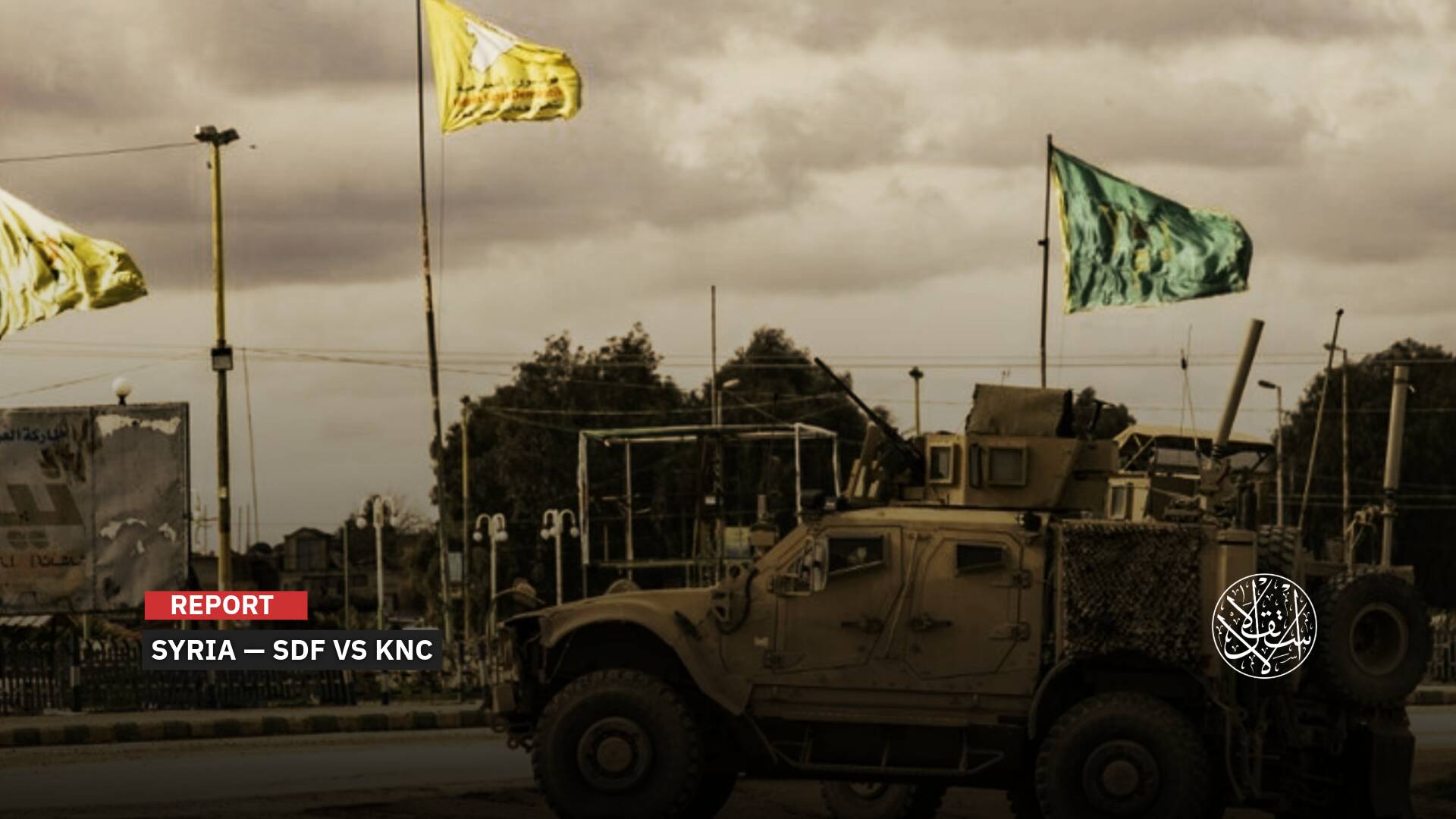Amid Wide Controversy, Is Turkiye Imposing a Change to the Treaty of Lausanne?

With each anniversary of the signing of the Treaty of Lausanne between Turkiye and the Allied countries in the aftermath of World War I, the controversy is renewed over the fate of this agreement that delineated the borders of many countries in southern Europe and the Middle East.
However, the controversy that accompanied the 99th anniversary in Turkiye, was distinguished from its predecessor, because it came amid political tension with neighboring Greece, which continues to arm the Aegean islands, violating the provisions of Lausanne and its complementary agreements, while Ankara threatens that this approach paves the way for changing the status quo.
Especially since the geography of the Middle East and southern Europe is witnessing similar situations to what it was before Lausanne, but on the contrary, Turkiye has become a great influence in the region through its soft and hard powers as well. It has become popular in countries such as Cyprus, Iraq, Syria, Libya, Somalia, and Azerbaijan, in addition to being an important political guarantor in the Balkans.
The controversy over Lausanne comes months before parliamentary and presidential elections that will determine the vision and future of the Turkish Republic on its bicentenary, amid many promises from various Turkish political parties to create a new image of a stronger political and economic state.
Erdogan Is Earnest
In this context, Turkish President Recep Tayyip Erdogan published a message on July 24, 2022, on the occasion of the 99th anniversary of the signing of the Treaty of Lausanne in southern Switzerland, on the same day in 1923, between the Allies and the victorious Turkiye against Greece in the War of Independence (1919-1923).
In his message, Erdogan sharply criticized Greece, accusing it of violating the Treaty of Lausanne, which has governed relations between the two countries for nearly a century.
"The conditions registered in the treaty, especially the rights of the Turkish minority, have been ignored or deliberately eroded. It is not possible for our country to accept this situation, which is incompatible with good neighborly relations and loyalty to the treaty," Erdogan said.
He pointed out that "the Treaty of Lausanne is one of the founding documents of the Turkish Republic, through which the land borders of the country were demarcated, the rights of the Turkish minority in Greece were guaranteed, and the non-military status of the islands near the coast of Turkiye was confirmed."
He explained that Turkiye, while advancing with steady steps towards 2023, cannot accept Greece's disregard for the terms of the treaty. At the same time, he stressed that his country will make every effort to establish peace while protecting the rights of its people and enhancing its influential position in regional and global issues.
On June 9, 2022, while attending the Efes 2022 maneuvers in Izmir on the Turkish Aegean coast, Erdogan demanded from Greece, in a very sharp tone, to be wise and to stay away from actions and dreams that will lead to regret.
Erdogan said, according to the Turkish presidency website: "We once again call on Greece to stop arming demilitarized islands and act in line with international agreements. I am not joking. I am serious. Our nation is resolute, if we say something, we follow its consequences."
He stressed that Turkiye will not give up its rights in the Aegean Sea, and will not hesitate to use the powers recognized in international agreements on arming the islands.
He explained that his country left the international community to assess its demands by considering the municipality's maritime borders around the island of Mes, which is two kilometers from the mainland of Turkiye, and more than 600 kilometers from Greece.
He continued: "Greece still continues to put pressure on the Turkish minorities in the western Thrace, Rhodes and Kos, ignoring international agreements, universal human rights and the values of the European Union of which it is a member."

Influential Agreement
The Treaty of Lausanne was signed on July 24, 1923 between representatives of the Turkish Grand National Assembly (Parliament) on the one hand, and representatives of Britain, France, Italy, Japan, Greece, Romania, Bulgaria, Portugal, Belgium and Yugoslavia on the other, according to an official Turkish statement published by Anadolu Agency.
The treaty, which Al-Estiklal reached a copy of, consists of 143 articles written in 357 pages, and it entered into force on August 23, 1923, after its ratification by the Turkish Parliament.
The most prominent provisions of the treaty stipulated the establishment of the state of Turkiye, defining its borders, and protecting the Greek Christian minorities in it, in return for protecting the Turkish Muslim minorities in Greece.
It contained provisions related to regulating Ankara's new international status, and arranging its relationship with the victorious allies in the war.
It also included the permanent relinquishment of the Turkish state from claiming any political, financial and sovereign rights in the Levant, Iraq, Egypt, Sudan, Libya and Cyprus, as well as regulating the use of Turkish sea straits in times of war and peace.
Through the treaty, Turkiye guaranteed international recognition of its sovereignty and independence, and it also abolished the provisions of the Treaty of Sevres, which the Ottoman Empire had signed on August 10, 1920, after its defeats by the Allies in World War I.
The Republican People's Party (secular) and its supporters see Lausanne as a victory for the modern state of Turkiye and its founder Mustafa Kemal Ataturk (the first president of the republic) and his companion and successor Ismet Inonu.
However, many Turks assert that the treaty greatly harmed Ankara's interests, and made it lose much of the territory of the Ottoman Empire.
Perhaps the most prominent statements in this context were made by Erdogan during his meeting with a group of mayors in Ankara on September 29, 2016. He said, "Some are trying to show Lausanne as a victory. Look at the Aegean, half of its islands we gave to Greece through the Treaty of Lausanne. Is this victory?"
He added: "These islands belong to us, we have mosques and temples there, as well as our rights related to air and sea borders and the exclusive economic zone, and we are still fighting for that, why? Because those who sat at that table (Ismet Inonu) failed to reach a fair treaty."
Also, Erdogan criticized Lausanne, and called on Greece to modernize the treaty, which caused great controversy between the two countries.
This came during a joint press conference by Erdogan with his Greek counterpart Prokopis Pavlopoulos, on the sidelines of his visit to Athens on December 7, 2017, which was the first of its kind for a Turkish president in 65 years.
Erdogan said that the Treaty of Lausanne, signed after World War I, stipulates precise details that are still not understood until now, indicating the need to update them.
Pavlopoulos responded by saying: "Lausanne is a treaty that does not leave any gaps in bilateral relations, does not require completion, and does not include any ambiguity about borders or regional relations. We refuse to discuss, review or reform it."
In contrast, Erdogan stated that "this is a treaty ratified 94 years ago, and Turkiye and Greece are not the only parties to this treaty."
He added, "There are 11 signatory countries, and during 94 years, a completely new world order has been established, and there has been a significant change in relations between Turkiye and Greece."

Ambiguous Future
Contrary to rumors circulating in the Arab world and Turkiye, the treaty does not expire after 100 years, and does not contain any articles in it that determine its validity period, and does not prevent Ankara from extracting its natural resources.
However, observers believe that Turkiye's criticism and its escalating calls in recent times to review the Treaty of Lausanne hide other goals, in addition to protecting the Turkish minority in Greece and protecting the country's continental shelf.
This analysis supports Turkiye's efforts to demarcate its maritime borders with neighboring countries such as Libya, Egypt and "Israel", after huge quantities of hydrocarbons were detected in the eastern Mediterranean.
In this context, Turkish Foreign Minister Mevlut Cavusoglu confirmed, in mid-June 2022, that "Greece's militarization of islands in the eastern Aegean Sea is a violation of long standing international treaties, and the continuation of this violation calls the islands' sovereignty into question," which was condemned by the Greek Foreign Ministry, describing it as a direct threat.
Hours after Cavusoglu's statements, the Greek Foreign Ministry sent a letter to the Secretary-General of the United Nations, Antonio Guterres, calling on Turkiye to stop questioning the sovereignty of its country over its islands in the Aegean Sea, and also demanded that it refrain from illegal activities that violate Greece's sovereignty.
In the same context, Devlet Bahceli, head of the Nationalist Movement Party and a political ally of Erdogan's government, published a map showing all the islands of the eastern Aegean, along with Crete, the largest island in Greece, as Turkish territory.
Greek Prime Minister Kyriakos Mitsotakis commented: "Take a good look at this map. Crete, Rhodes, Lesvos, Chios, Samos all consumed by [Turkiye]."
He asked via Twitter on July 11: "Α fever dream of extremists or Turkey’s official policy? Another provocation or the true goal?" as he described, asking President Erdogan to clarify his position on these strange views by his partner in the government coalition.
Take a good look at this map. Crete, Rhodes, Lesvos, Chios, Samos all consumed by Turkey. Α fever dream of extremists or Turkey’s official policy? Another provocation or the true goal?
— Prime Minister GR (@PrimeministerGR) July 11, 2022
President Erdogan must make his position clear on his junior coalition partner's latest antics. pic.twitter.com/hX4sSZ924j
Although Turkiye and Greece are members of NATO, which came back to life again to control its ranks and strengthen its unity with Russia's invasion of Ukraine in February 2022, the history of bloody conflicts and unfair political deals always returns to heal old wounds between the two countries.
Both countries have been at odds for decades over several issues, foremost of which is the maritime borders. Turkish exploration activities in 2020, were met by the Greek army's declaration of a state of alert, and then the matter calmed down later with discussions that did not result in a noticeable development.
In addition to the issues of airspace, irregular immigration, ethnic minorities, and the Cyprus crisis, divided into Turkish and Roman parts, as well as, Greece has recently turned into a safe haven for members of organizations that Ankara classifies as terrorist, such as the Kurdistan Workers' Party (PKK), and Gulen organization, which responsible for the 2016 coup attempt.
In response to the instigation of Greek Prime Minister Mitsotakis during his visit to Washington on May 16, 2022, Erdogan announced on May 23, the cancellation of the joint strategic council meeting with Athens, which was planned to be held later in 2022, in Thessaloniki, Greece.
While many analysts rule out that the signatories to the Treaty of Lausanne will accept changes to it, Onur Uraz, a law professor at the Turkish Hacettepe University, said that "the unilateral measures taken by Greece in the region, such as expanding its territorial waters, provide Turkiye with the right to defend its sovereignty."
He added in an article published by Anadolu Agency on June 21, 2022, that "the Greek Parliament's approval of a bill to expand the country's territorial waters from 6 miles to 12 miles (in January 2021) Turkiye could consider a law as a reason for war, to defend itself."
He explained that it had always been expected that the problems between Turkiye and Greece would be resolved by peaceful means, but the fact that the negotiations that lasted for years were futile, Athens' overconfidence in its capabilities, and the inability to present the matter to the international judiciary without the consent of the two parties does not make a peaceful solution possible now.
The Turkish legal expert stressed that there is no doubt that Greece's continued arming of the islands near Turkiye is a flagrant violation of international law, and there is no doubt that these military activities represent a clear threat to Ankara's sovereignty.
Professor Uraz concluded by saying that if circumstances force Turkiye to use force, it must prepare legal evidence and arguments that ensure and highlight the legitimacy of its actions and carefully convey it to the international community.
Sources
- Could the armament of the eastern Aegean islands be a cause of war? [Turkish]
- Erdogan warns Greece and calls on it not to arm the Aegean Islands [Arabic]
- President Erdogan: Someone tried to make Lausanne a victory [Turkish]
- Treaty of Lausanne provides inaccurate details that are incomprehensible and in need of updating [Arabic]
- Erdogan: Turkiye strengthens its position in regional and global issues [Arabic]
- Treaty of Lausanne.. 99 years since Turkiye's Declaration of Independence [Arabic]
- Treaty of Lausanne [Turkish]


